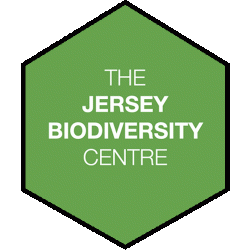Clean Beaches Week
Clean Beaches Week
The oceans cover over 70% of our planet, providing many services ranging from the food that we eat to the air that we breathe. The protection of our oceans and marine wildlife is extremely important, however human activity is severely impacting the health and stability of marine ecosystems globally. There are many contributing factors to the declining productively and health of our oceans including plastic pollution which has been increasing exponentially over the last 40-50 years due to cheap manufacturing costs and the versatility of plastic. A considerable proportion of plastics produced are single-use plastics which don’t get recycled and consequently end up as waste. Most plastics manufactured last hundreds of years before complete degradation occurs which is the cause of the significant plastic pollution problem.
Plastic is in the oceans in such quantities it is having devastating impacts on a wide variety of marine wildlife. Turtles and whales can confuse plastic bags for jellyfish and squid, and fish can confuse plastics for plankton and algae causing individuals to often consume large amounts of plastics. Plastics can’t be digested and begin to accumulate which blocks the digestive tract and alters feeding behavior as the urge to eat is diminished. This causes a decline in growth and reproductive output which ultimately results in death. Compounding the impact on marine wildlife, plastics are finding their way into our drinking water systems and into many of the marine resources we consume.
In the fight against plastic pollution the clean beaches coalition have created the ‘clean beaches’ awareness week which runs annually from July 1st to July 7th. This initiative is touted as the ‘earth day’ for beaches, established to help educate the public and bring attention to the impacts our waste is having on our oceans. Plastic waste on beaches ultimately ends up in the ocean, reducing plastic waste on beaches therefore reduces the plastic entering the oceans.
It is not too late to make a positive change and reduce the impact we are having on the marine environment. There are many ways we can contribute and reduce our plastic waste; leave no waste when visiting the beach, choosing fruit and vegetables without plastic packaging, using reusable coffee cups, using eco-friendly laundry detergent and washing-up liquid and using bamboo tooth brushes to name just a few. Additionally, you can get involved and participate in or organize a beach clean, removing plastic waste from our precious beaches.
Photo credit: @jasmin_sessler

